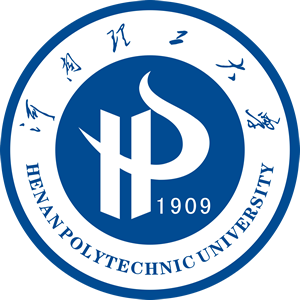
地址: 河南省焦作市高新区世纪路2001号[454000] Tel: 0391-3987069 E-mail: zkxb@hpu.edu.cn,skxb@hpu.edu.cn |

请您访问
|

社会科学版
|
| 供稿: 吴边 | 时间: 2018-12-05 | 次数: |
作者:吴边
作者单位:北京外国语大学中国外语与教育研究中心
摘要:索绪尔的《普通语言学教程》自出版后,就不断引起语言学家对其思想进行讨论,其中围绕着语言符号任意性原则展开的论争尤其引人注目。在梳理各方观点的基础上,对论争的缘由进行了解析,并就任意性与命名说、任意性与理据性两个方面分别进行论述,研究发现:一是符号任意性不适合专有名词、人称代词、拟声词和感叹词,原因在于这些词的能指与所指之间存在着一对一的自然联系。二是任意性与理据性并不矛盾,任何语言符号的产生都是有理可循的,而任意性是指语言符号能指与所指之间的关系,但任意性并不等于非理据性。
DOI:10.16698/j.hpu(social.sciences).1673-9779.2017.03.010
分类号:H0
Abstract:After the immediate publication of Course in General Linguistics, numerous linguists were attracted to dispute Saussure's theories, among which the arbitrary principle of linguistic sign was the hottest one. Currently, there are abundant documents criticizing Saussure's arbitrariness from diverse perspectives. This thesis, based on the former researches, tries to sort out the correlations between the following concepts: arbitrariness and nomenclature, arbitrariness and motivation. The result shows that not all of the linguistic signs are arbitrary in nature, proper nouns, personal pronouns, onomatopoetic words and exclamatory words should be removed. Arbitrariness and motivation are two different concepts. Arbitrariness was used to denote the relation existing between the signifier and the signified. However, Motivation means why and how those signs are produced. Admitting arbitrariness of linguistic sign does not mean the denial of their motivations.